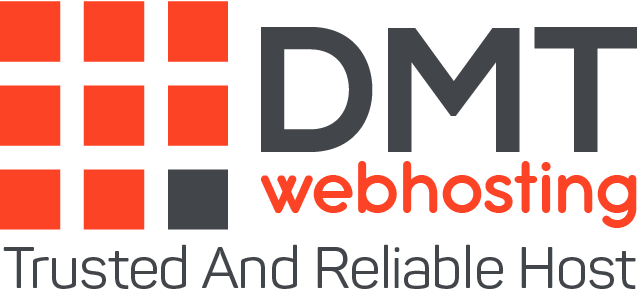When you are a company, you want to store your data online without being mixed with that of millions of other users, you can opt for two types of cloud: the private cloud and the dedicated server. These modes guarantee you secure online data storage fully adapted for cloud storage of business data. However, they diverge on certain aspects:
- resource allocation (processor, memory, operating system): they are shared among several clients in the context of the private cloud, while they are fully allocated to you in dedicated server storage
- the directory and the database: in both cases, they are entirely reserved for you, whether you are in a private cloud or a dedicated server (in the public cloud, they are shared)
While these cloud modes are secure, storage in dedicated infrastructure provides you with additional protection, since your data is completely secured from that of other customers. Your storage is therefore completely independent of that of other customers of the cloud service provider.
DMTwebhosting, as a provider of cloud solutions entirely dedicated to businesses, offers these two types of storage. In contrast to large public solutions, your data have at least one private cloud storage, whatever your offer to ensure high-security services.
HOW TO CHOOSE BETWEEN PRIVATE CLOUD AND DEDICATED INFRASTRUCTURE?
To choose between storing your data online in a private cloud or on dedicated infrastructure, you must take into account several criteria:
- Degree of confidentiality of your data: if you want to store ultra-sensitive data, it is better to choose storage in dedicated infrastructure
- Your internal security policy: the stricter your internal security policy, the more you will have to work on a dedicated server, however, be aware that private cloud storage provides very high guarantees in terms of security
- Your obligations towards your partners: in certain sectors, you may be forced to opt for a dedicated infrastructure
- Your budget: the private cloud is less expensive than the dedicated server, due to the utilization of resources
Why choose cloud hosting?
Cloud hosting, therefore, derives its power from network effects, but in concrete terms, what benefits can companies derive from this?
Cost reduction
Of course, one of the main advantages of the cloud is its cost. No need for heavy investments in the purchase and maintenance of resource-intensive infrastructure. Maintenance costs are reduced considerably as the infrastructure is outsourced. This technological change thus gives SMEs the opportunity to access resources to which they could not previously claim due to lack of means.
Flexibility and scalability
Virtualization, which consists of making several systems, servers or applications operate on a single physical server, allows the necessary computer resources to be adjusted very quickly. This flexibility is especially important for fluctuating activities requiring an agile operation. Imagine a chain of stores whose e-commerce site experiences a peak in traffic during sales. In order not to crash, the server will have to bear the load. Thanks to the cloud, it will be possible to increase its power by adding RAM, SPU or Webspace in a few clicks.
Likewise, migration to a new server becomes necessary when the maximum power of a dedicated server is reached. This delicate operation is no longer necessary with a cloud server since the data is shared on several servers rather than on a single physical machine.
Reduced development cycle
The flexibility of the cloud is particularly beneficial for start-ups and development departments of large companies since it reduces time-to-market delays. No need to commit to the purchase of dedicated servers for an IT team, cloud hosting offers developers the possibility of setting up an unlimited number of test servers, with scalable performance, in a virtual environment. Dedicated backup servers also make it possible to secure all stages of development. A real competitive advantage in our era of digital transformation.
Data security and availability
Since the resources of a cloud server are available on multiple physical machines, businesses benefit from extensive redundancy. Indeed, each backup leads to as many backups as servers used within the cluster. Hard drive failures, for example, do not affect data security or resource availability. The outsourcing of material resources also makes it possible to delegate the necessary compliance with national and international legislation (such as HADS accreditation, for example, which governs the hosting of health information). This, therefore, requires finding out about your provider.
If you need support in choosing between private cloud and dedicated server, or if you want more information, don’t hesitate to contact our experts!
About the author
DMTwebhosting.com’s Editorial Team prides itself on bringing you the latest web hosting news and the best web hosting articles!
You could also link to the news and articles sections:
